Scholarship on Teaching
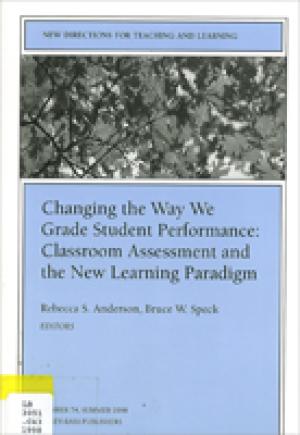
Assigning grades to student work raises many dilemmas for college and university teachers. This volume helps teachers deal with these dilemmas by providing rubrics to be used as guides for scoring various kinds of student performance. The authors offer a range of alternative approaches to assessing student performance that are rooted in the belief that students should be active rather than passive learners.They draw on their own classroom experience to explain how to use each assessment measure presented--including developing criteria, integrating peer and self-assessment, and assigning grades--and discuss the advantages and disadvantages of each. This is the 74th issue of the quarterly journal New Directions for Teaching and Learning. For more information on the series, please see the Journals and Periodicals section. (From the Publisher)
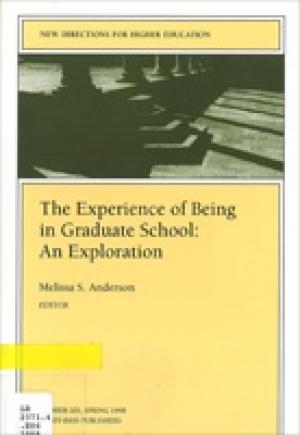
There is much at stake in the graduate enterprise. Here students are prepared to become leaders, professionals, researchers, and scholars who will be responsible for the advancement of our knowledge and well-being. But what of the students themselves? What do they go through in graduate school? What is the graduate experience like? This volume of New Directions for Higher Education addresses the graduate experience from the standpoint of the students themselves. From a variety of perspectives and across many fields of study, these chapters present what students have reported about their experience through interviews, surveys, ongoing discussions, and autobiographies. This is the 101st issue of the quarterly journal New Directions for Higher Education. For more information on the series, please see the Journals and Periodicals section. (From the Publisher)
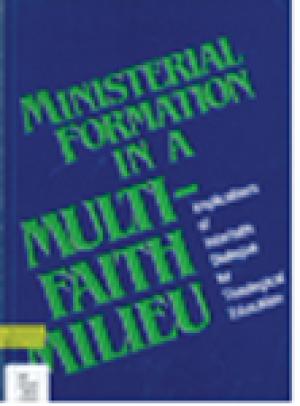
It is generally accepted that theological education and ministerial formation must both take place "in context". The context, in most parts of the world today, is one of religious pluralism where Christians must live in dialogue and grow in commmunity with neighbours of other faiths. Ministers have a crucial role in shaping the attitudes of church people, especially in the area of interfaith relations. How may they be equipped to play this positive role? What, in other words, are the implications of interfaith dialogue for theological education? That was the question discussed by a group of theological teachers when they met in Malaysia in June 1985, called together by the World Council of Churches' Programme on Theological Education (PTE) and the Dialogue Sub-unit. Ministerial Formation in a Multifaith Milieu presents an informal report of that meeting. (From the Publisher)
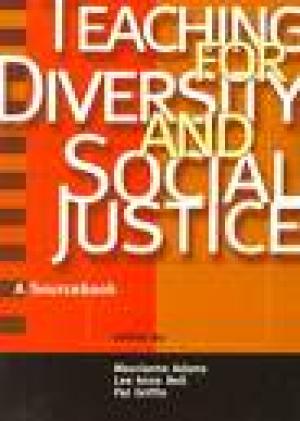
Teaching for Diversity and Social Justice is a much needed resource that addresses the need to facilitate communication and understanding between members of diverse social groups. It provides a unified framework by which students can engage and critically analyze several forms of social oppression and discrimination. (From the Publisher)
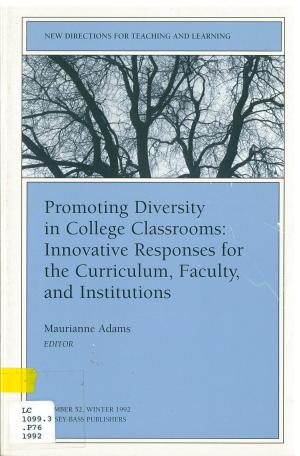
Journal Issue. This journal presents a collection a essays that offer several new perspectives on teaching practice; give descriptive and narrative accounts of curricular and teaching innovations; and discusses a range of shared learnings obtained from public university, community college, and private college multicultural change processes. (From the Publisher)
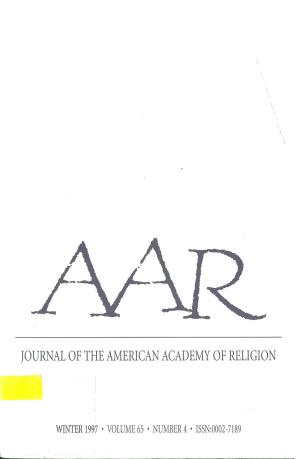
Journal Issue.